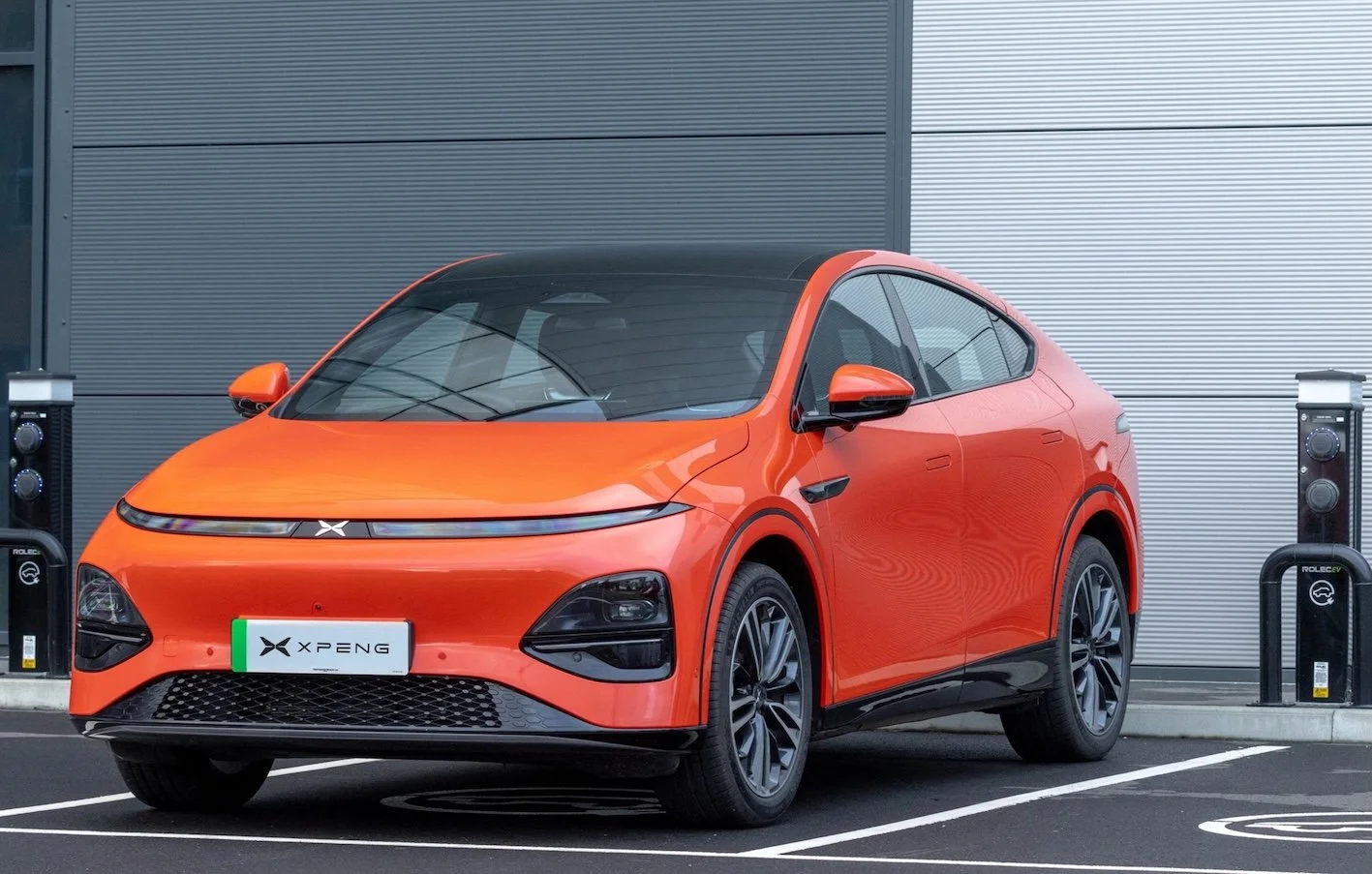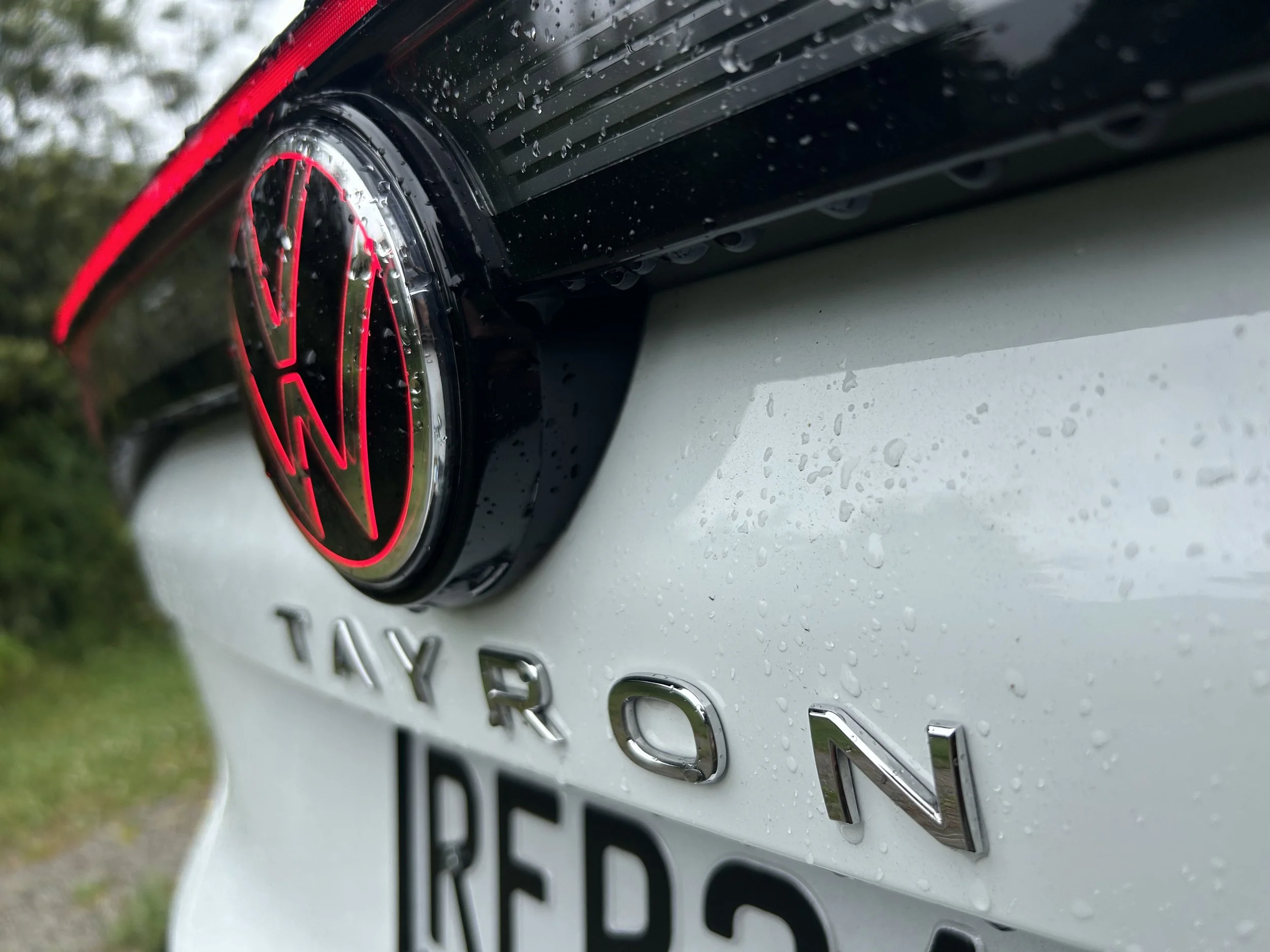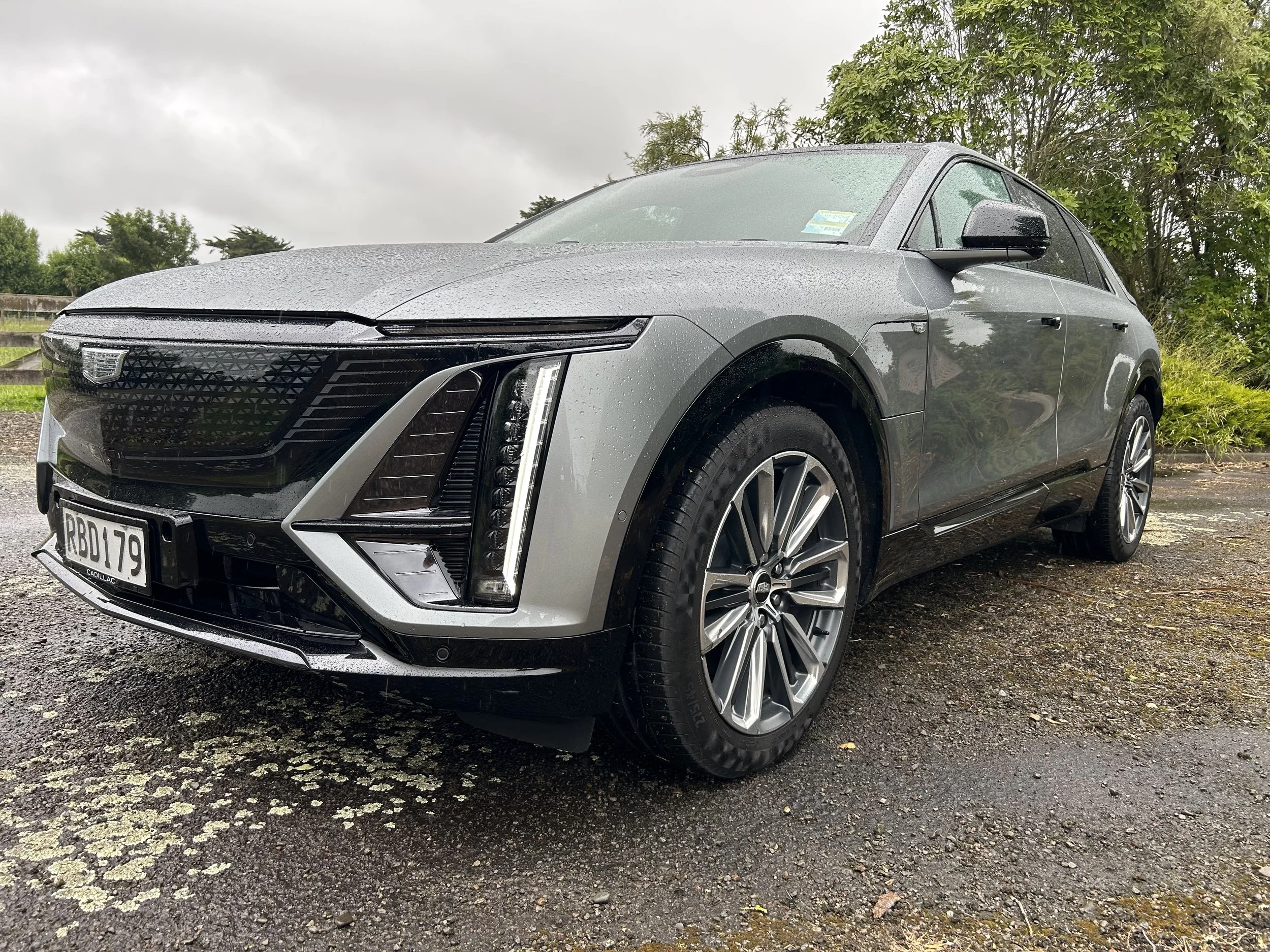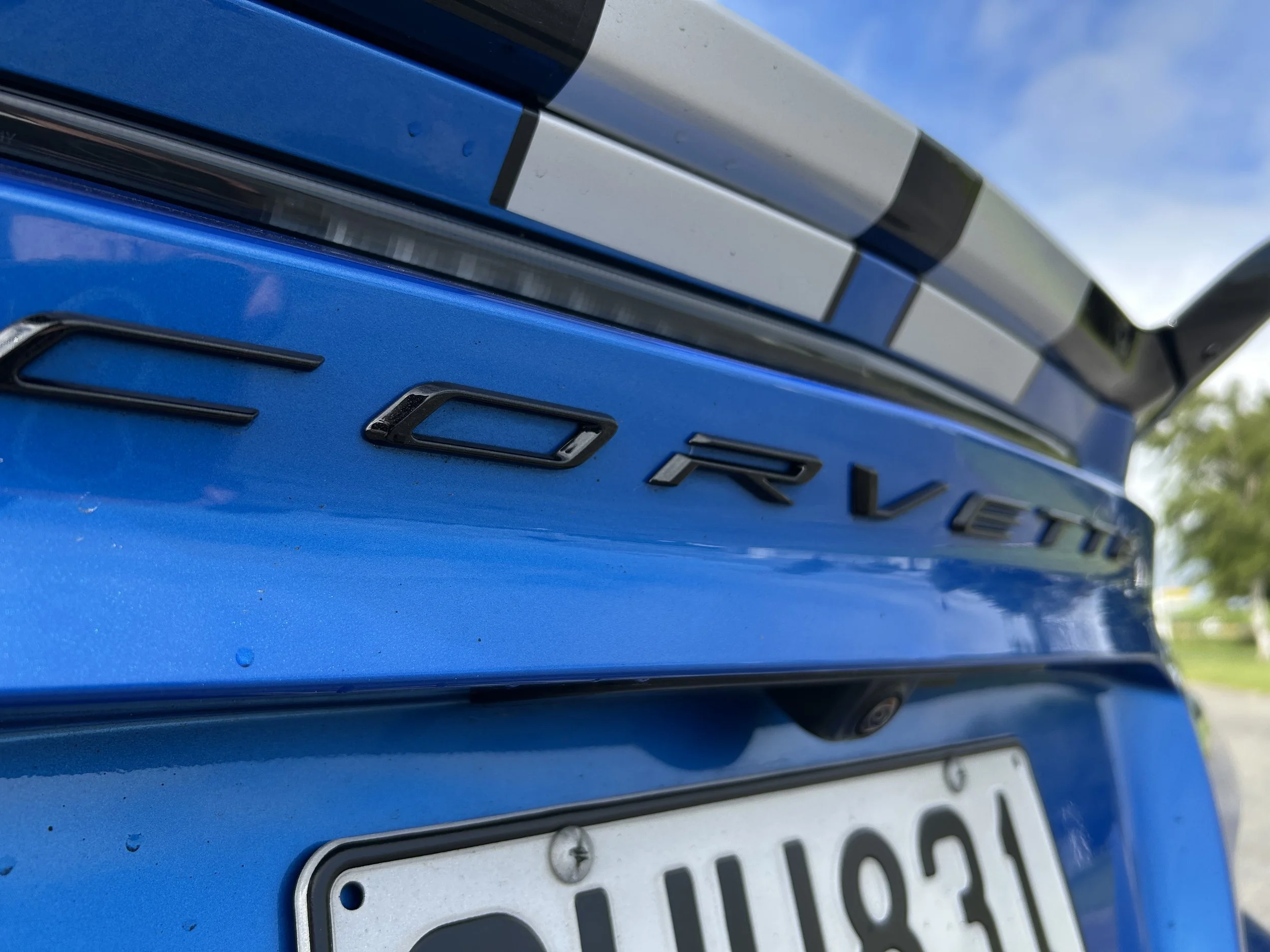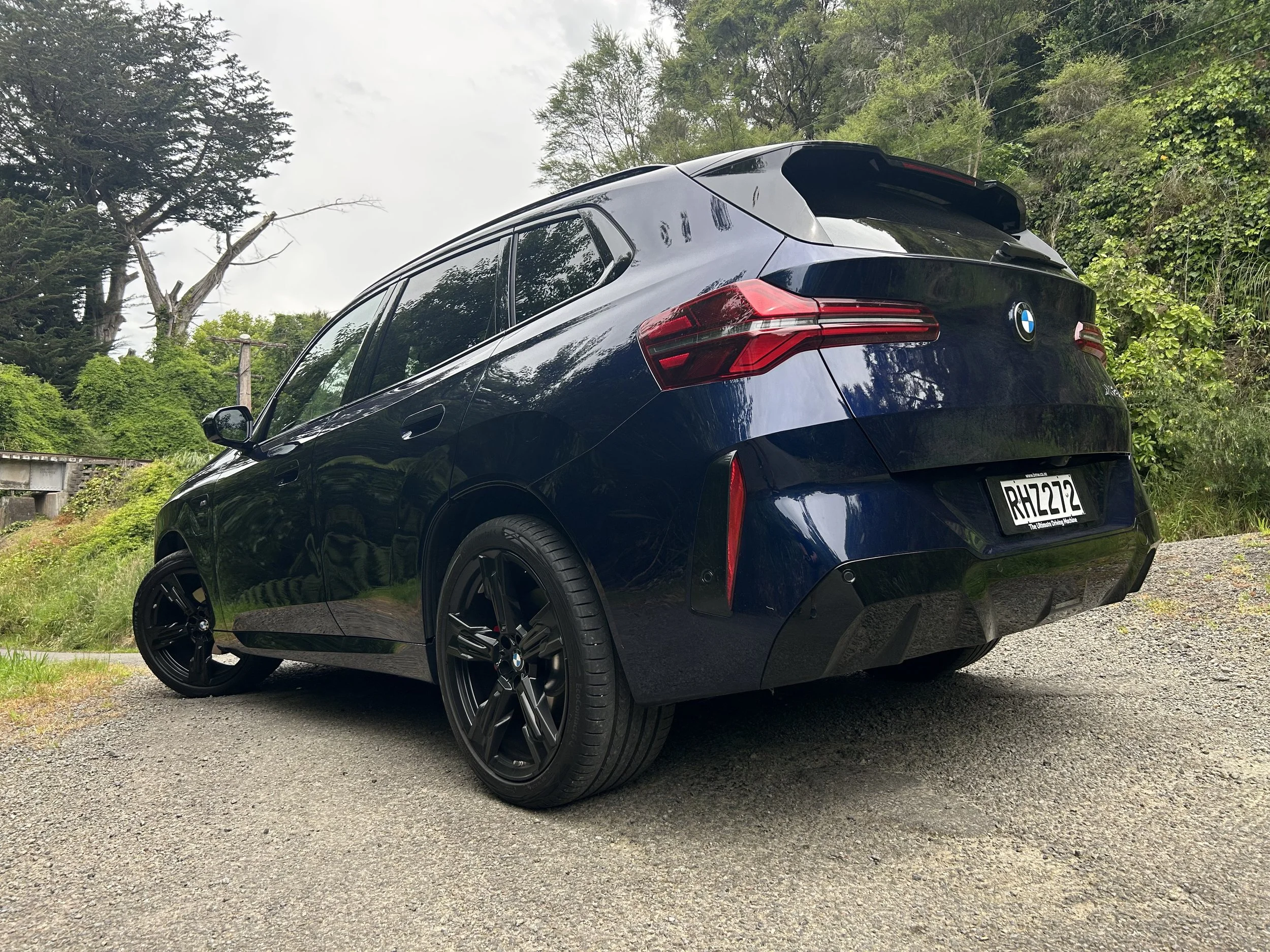Tucson feeling same fire heat as Sportage
/Popular Kia’s recall sparks a reminder that its big brother brand, Hyundai, is also undertaking a similar programme for its own equivalent – but without media scrutiny.
A recall announced this week for the Kia Sportage, above, replicates an action Hyundai set in motion for the Tucson sister car, below, last month - but without attracting headlines.
THE sister model to a popular Kia sports utility, now pulling mainstream media interest as result of it recalled, is also at risk of catching fire due to an electronic fault in the engine bay.
A remedial action for the current generation Hyundai Tucson posted nationally in early April, so almost five weeks ago, though the brand was taking questions about it much earlier – MotoringNZ.com first publicised the matter in a story on February 11.
Even so, Hyundai’s action appears to have escaped the mainstream media spotlight that has focused this week on the Kia Sportage, much the same car in all but styling.
Hyundai NZ confirmed today its own action is to address the same potential fault affecting the Kia.
With both models, the risk is the same: A potential for an engine bay fire to break out even with the engine turned off due to a faulty electrical component.
In both cases, too, the manufacturer advice is also common: Get the car checked out by a dealer and, until then, consider parking in an open space away from garages and flammable materials.
Kia New Zealand says it is recalling about 15,000 Sportages built between 2016 and 2021.
Hyundai NZ says 10,163 Tucsons built between 2015 and 2020 are implicated.
Kia’s notice of intention to ask owners to bring their cars in for a check was lodged on the Land Transport Waka Kotahi recalls website two days ago.
The New Zealand franchise, a factory shop, has not given out detail about the cause of the problem but it says it has followed the example of Kia Australia, which has delivered an in-depth summary.
It cites the problem for the Sportage as being due to “the Hydraulic Electronic Control Unit (HECU), responsible for the anti-lock braking system, electronic stability control system and traction control system, can remain live even when the vehicle is switched off. If moisture enters the HECU, an electrical short circuit can occur."
The brand further says: "If an electrical short circuit occurs, this could result in an engine compartment fire when the key is switched off and the vehicle is parked – a vehicle fire could increase the risk injury or death to vehicle occupants or bystanders and/or damage to property," the notice continues.
Hyundai New Zealand, which is a wholly NZ-owned distributor, says the Tucson recall relates to a potential concern with the Anti-lock Braking System (ABS) System.
“The Tucson is equipped with an Anti-Lock Brake System (ABS) Control Module which could which develop an internal malfunction, overtime cause an electrical short circuit resulting in the Anti-Lock Brake System (ABS) Control Module overheating while the vehicle is parked or while been driven.”
It said the fault was due to a manufacturing error and has potential to short circuit when exposed to moisture, as the circuit is constantly powered.
Kia NZ advised on Monday that it has curtailed sale of the Sportage and will be without it until the new-generation version arrives next year. This came as a surprise – the car was its biggest volume product in 2020.
A Kia NZ spokesman says the decision is not related to the recall nor to the global shortage of semiconductor chips that has caused widespread supply issues globally.
The new Sportage is expected to share many common elements with the new-generation Tucson, which is expected to be on sale in NZ within weeks. The current Tucson, subject to the recall, has not been available new for some months.
Kia NZ has also recalled its Stinger, a rear-drive V6 sedan, for the same fault. Cars built between 2017 and 2019 are caught up. The Stinger has no equivalent in the Hyundai NZ line-up, though other markets do see a sister car with Hyundai’s upmarket Genesis branding.






